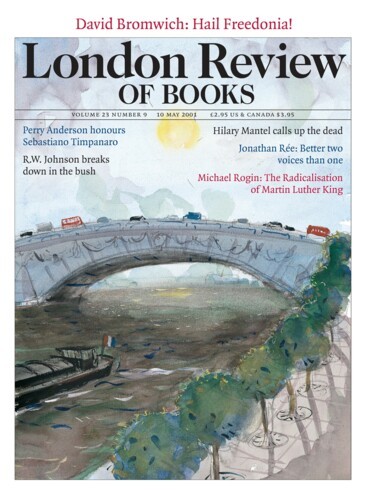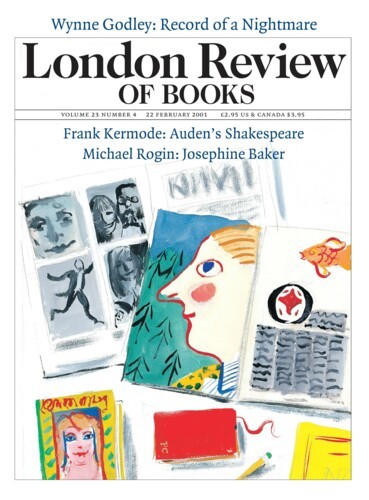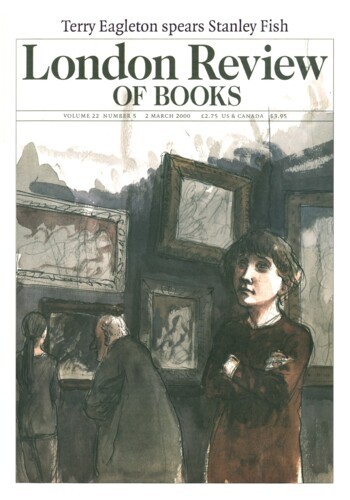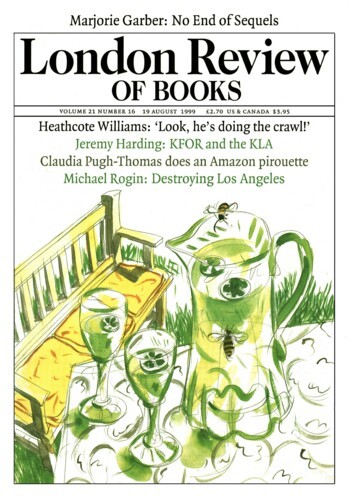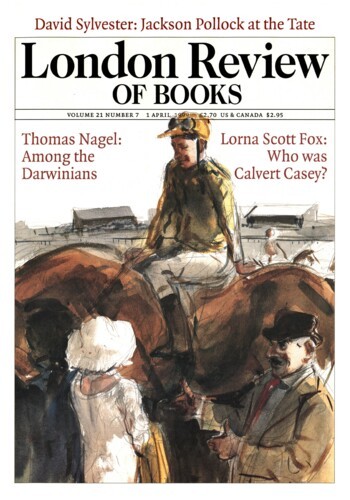The first picture to greet the reader shows cars half-submerged under water, scattered in all directions as far as the eye can see. ‘January 1995 storm (Long Beach)’, the caption reads; ‘Apocalypse Theme Park’ is the heading that introduces the section to follow. Welcome to Ecology of Fear. Turn the page for the second photograph, which displays a collapsed freeway behind a ‘Los Angeles City Limit’ sign. Opposite this evidence of damage is a table entitled ‘Biblical Disasters?’ that lists the deaths and dollar-losses from three years of earthquake, fire, riot and flood in the mid-Nineties. Ecology of Fear throws just about everything at metropolitan Los Angeles: water, earthquake and drought (Chapter 1), concrete (Chapter 2), fire (Chapter 3), wind (Chapter 4), wild beasts (Chapter 5), science fiction (Chapter 6) and spatial apartheid (Chapter 7).
Ecology of Fear: Los Angeles and the Imagination of Disaster by Mike Davis. The first picture to greet the reader shows cars half-submerged under water, scattered in all directions as far as the eye can see. ‘January 1995 storm (Long Beach)’, the caption...
